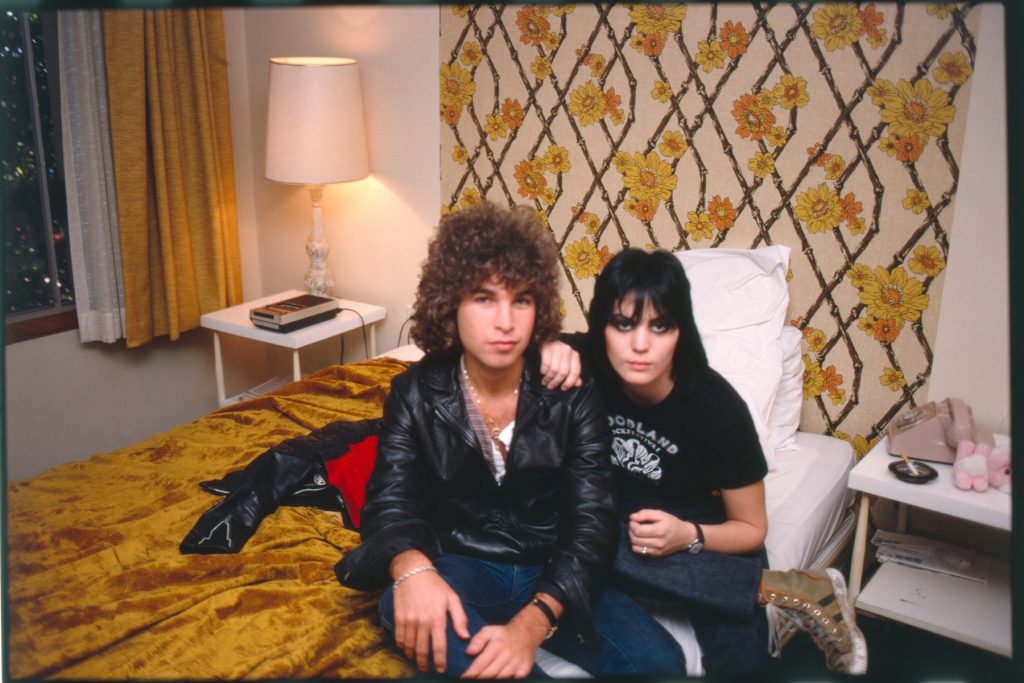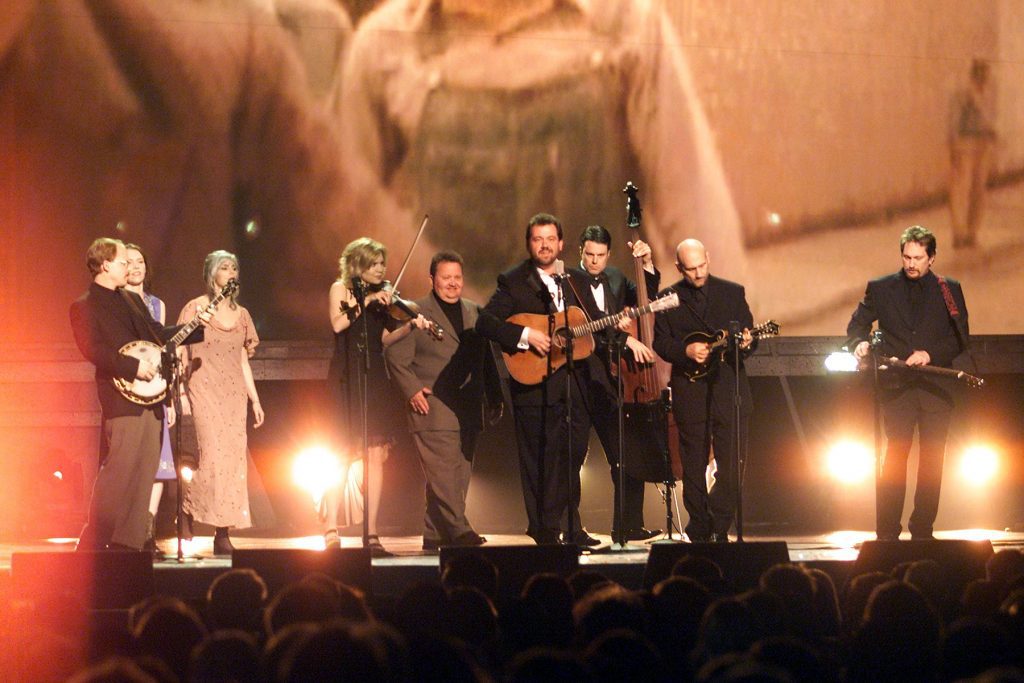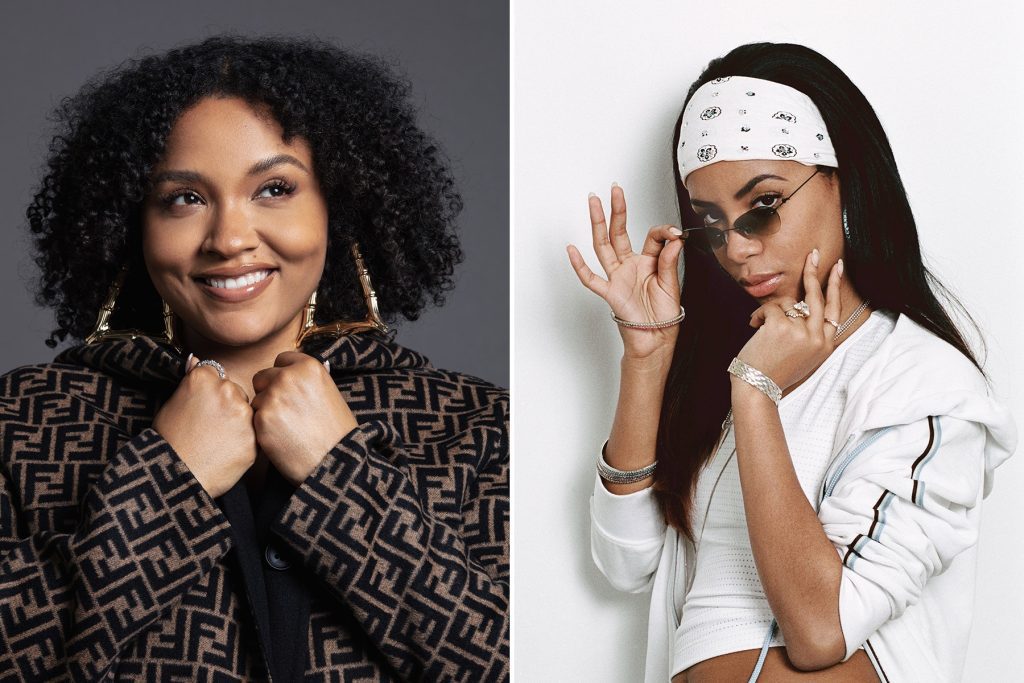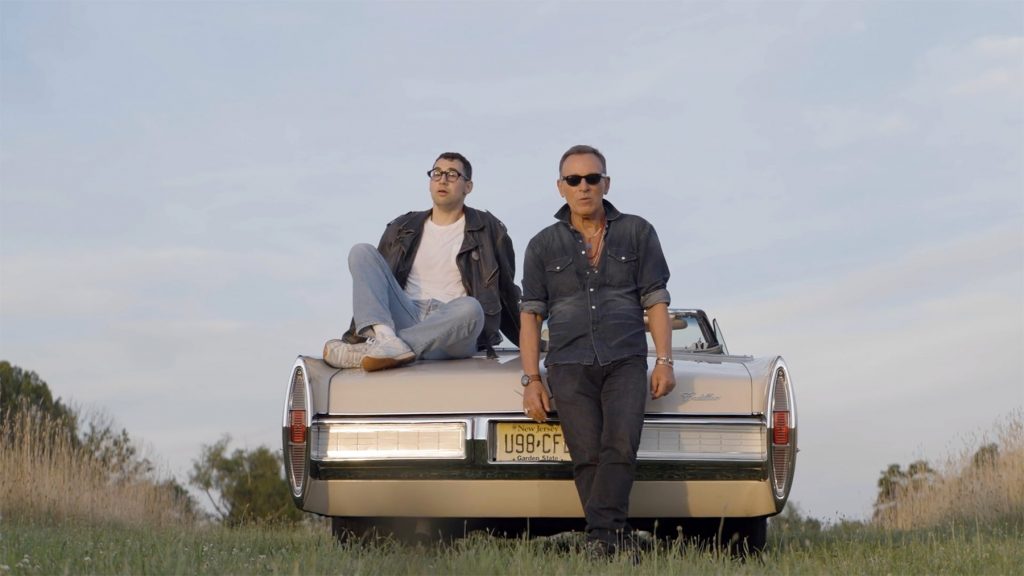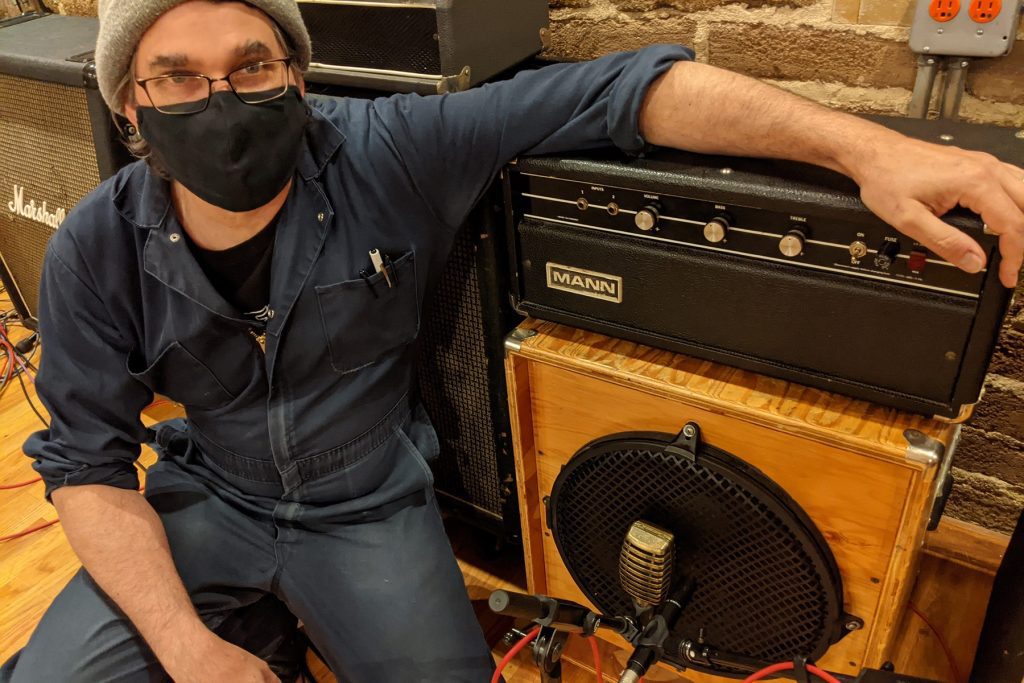
‘We Need a Way to Provide Our Service Safely’: Studios Navigate an Uncertain Future
When you ask Steve Albini, owner of the recording studio Electrical Audio and underground-rock iconoclast, how he’s doing these days, he sounds like he’s joking at first. “You know everything is awful, right?” he says sarcastically. But then he reveals the full scope of how the Covid-19 pandemic has upended his life. “It has been a fundamental failure of the Trump administration not to provide businesses like ours with guidelines about how we can operate safely under a pandemic,” he says in a mid-October interview, a few weeks before the election. “So we’ve had to come up with our own protocols and at every turn.
“We had a session here where there were going to be more people involved in the session than we were comfortable having in the building at one time, so we staggered their arrival,” he continues. “And when everybody showed up, we took their temperature to make sure nobody was displaying symptoms at the moment. Everybody has to wear a mask. Everybody has to wash their hands and sanitize. I would feel terrible if we didn’t do those things and somebody got sick. I mean, initially, there was a question of, you know, ‘Is it even responsible for us to provide a rationale for people to congregate?’ We just need to figure out a way to provide our service safely.”
blogherads.adq.push(function () {
blogherads
.defineSlot( ‘medrec’, ‘gpt-dsk-tab-article-inbody1-uid0’ )
.setTargeting( ‘pos’, [“mid-article”,”mid”,”in-article1″,”mid-article1″] )
.setSubAdUnitPath(“music//article//inbody1”)
.addSize([[300,250],[620,350],[2,2],[3,3],[2,4],[4,2]])
;
});
As the U.S. endures another Covid wave and lockdowns cast shadows across many states, businesses everywhere are struggling. The music industry has weathered one gut punch after another since March. Recording studios, in particular, have slowly attempted to get back on their feet, taking two steps forward and three steps back in the quest to reopen. Both boutique operations like Albini’s Electrical Audio and larger outposts like Capitol Studios in Hollywood have experimented with distancing singers from face-mask-wearing musicians, limiting artists’ entourages, and controlling foot traffic within their spaces in an effort to keep their doors open.
Albini opened Electrical Audio in Chicago in 1997, and in the years since, the studio has hosted sessions by the Breeders, Neurosis, Iggy and the Stooges, and Albini’s band Shellac, among many others. Lately, Electrical, which employs four full-time staffers, has been booking only about 25 to 30 percent of the number of sessions that it would have before the pandemic. And even though Albini owns the building that houses the studio, he’s carrying an immense financial burden, as he still pays a mortgage and needs to cover his employees’ health insurance and other considerations. To navigate the loss of revenue, he recently implemented staff furloughs with a couple of engineers taking December off, after which they’ll swap with another two for January.
Albini, who is revered among indie musicians for his no-bullshit countenance, places full blame for the state of his business on the Trump administration. “If the [government’s] pandemic response remains terrible, and if it if it remains unsafe for us to operate at full capacity, then we can’t afford to carry on as a business,” he says. “I think essentially no business can afford to carry on under these conditions.”
Larry Crane co-founded Jackpot! Recording Studio in Portland, Oregon, in 1997 with Elliott Smith. In subsequent years, R.E.M., Pavement, Sleater-Kinney, and of course, Smith all recorded there. Although Crane has helmed sessions with M. Ward and Last Giant in recent months, the state of Oregon entered a new phase of lockdown in November. But even before those restrictions went into place, some of his clients started canceling sessions, so Crane, who also edits Tape Op magazine, had taken to mixing recordings by himself and helping people one-on-one virtually with recording.
blogherads.adq.push(function () {
blogherads
.defineSlot( ‘medrec’, ‘gpt-dsk-tab-article-inbody2-uid1’ )
.setTargeting( ‘pos’, [“mid-article2″,”mid”,”in-article2″,”mid-article”] )
.setSubAdUnitPath(“music//article//inbody2”)
.addSize([[300,250],[300,251],[620,350],[2,4],[4,2],[3,3]])
;
});
Despite the lockdown, he’s been making plans for future sessions and working with more-cautious clients like Last Giant; he plans on recording them at another studio soon for an upcoming video shoot. Prior to the recent shutdown, though, Crane estimated Jackpot was getting about an eighth of the bookings it normally would, and he’s doing everything he can to maintain his personal health to make good on his commitments and keep things running. “I try not to do anything else outside of this,” he says. “I basically told my family and my wife’s family here in town that I’m not exposing myself unless I’m getting paid.”
One outpost where the outlook has been somewhat sunnier is Hollywood’s Capitol Studios, which opened in 1956. The rooms there have hosted Frank Sinatra, the Beach Boys, Justin Timberlake, and Migos, among others. Since the studio is owned by Universal Music Group, its managers were able to use California’s lockdown earlier this year to renovate Studio B and put in a new console. The studios are currently the only business operating inside Capitol Tower, which has made it easier for the business to supervise social distancing. Katy Perry, Ariana Grande, Carrie Underwood, and Danny Elfman have all stepped through since Capitol Studios reopened in July.

Larry Crane at Jackpot Studios in Oregon.
Larry Crane/Jackpot Studios
Despite the busy schedule, Roey Hershkovitz, one of Capitol Studios’ vice presidents and the business’ Covid officer, estimates the studios are booking 80 percent of the sessions they normally would, and prior to the state’s ongoing 10 p.m. curfew, they were already severely limiting the number of sessions they accept on late nights and weekends. “We’re not actually interested in pushing the limits, but rather playing it extra safe,” he says. “We’re giving ourselves a little bit of padding as far as safety, occupants, and capacity goes, just so that we know we’re doing everything we can to keep this environment the way it should be.”
“The health of recording studios has always been precarious,” Maureen Droney, the senior managing director of recording technology for the Recording Academy’s Producers and Engineers Wing, says. “I think the profit margin perhaps is not as bad as restaurants’, but it’s not good. We need a healthy music environment. We need to be able to have artists making money and being able to have it trickle down to the people who helped make the music behind the scenes. So that was getting harder and harder [before the pandemic], and this is just one more one more burden — or a lot more burdens rolled up into one for studios.”
blogherads.adq.push(function () {
blogherads
.defineSlot( ‘medrec’, ‘gpt-dsk-tab-inbodyX-uid2’ )
.setTargeting( ‘pos’, [“mid”,”mid-articleX”,”in-articleX”,”mid-article”] )
.setSubAdUnitPath(“music//article//inbodyX”)
.addSize([[300,250],[300,251],[3,3],[620,350]])
.setLazyLoadMultiplier(2)
;
});
The Recording Academy attempted to ease the responsibility of defining Covid protocols earlier this year by publishing a list of “Safe Studio Considerations,” which Droney oversaw by crowdsourcing info from several studios, the producers of the Grammy Awards, and various unions. The memo included links to the CDC and an image of two guitars arranged at a 180-degree angle to provide a musician-friendly visual of what safe social distancing looks like. As expected, the guidelines encourage people to keep six feet apart, wear masks, limit the number of people inside a studio, and to use HVAC filters in their ventilation systems. Studio-specific advisories include cleaning microphones and pop filters, those circular screens that reduce eardrum-assaulting “P” sounds when speaking, and recommending that vocalists bring their own headphones to sessions.
Crane appreciated the Recording Academy’s guidelines and put them into place at Jackpot. Capitol used guidelines that Universal devised (likely following the Recording Academy’s example) and adhered to Los Angeles County’s advisories. And Albini consulted with medical professionals to get Electrical into shape. But, he says, he wouldn’t have had to do that if the Trump administration had handled the pandemic better.
“Everybody is in a holding pattern until there is some kind of a reasonable national response,” Albini says. “If you look at the countries where [the pandemic has] been managed effectively – places like New Zealand and essentially anywhere in Europe that’s done it better than us — the way that they’ve broken it is they’ve just paid people to stay home. You do that for a month, and you lower the transmission to a manageable capacity. And then you have essential workers go back to work. You have adequate PPE [personal protective equipment] for everybody. You have ubiquitous testing and contact tracing. And that’s how you keep it under control, so that’s how the economies that have reopened have been able to do it — by having a unified national response. And we don’t have that and we’re not going to have that until we have a new president. So everyone’s just in a holding pattern until we get rid of Trump.”
blogherads.adq.push(function () {
blogherads
.defineSlot( ‘medrec’, ‘gpt-dsk-tab-inbodyX-uid3’ )
.setTargeting( ‘pos’, [“mid”,”mid-articleX”,”in-articleX”,”mid-article”] )
.setSubAdUnitPath(“music//article//inbodyX”)
.addSize([[300,250],[300,251],[3,3],[620,350]])
.setLazyLoadMultiplier(2)
;
});
Crane agrees with Albini and he takes personal issue with Trump’s attitude toward science as a studio owner. “A recording studio is one of the coolest intersections of art and science,” he says. “We have we have to respect the laws of electronics, acoustics, and physics to make great recordings. And to watch this current administration running around, discounting medical knowledge, is just atrocious.”
But until Biden takes office in January, the studios will have to make the best educated decisions possible to carry on. Capitol Studios’ staff focused on mixing during the early part of lockdown, working on Bob Marley, IndieLands, and Billie Eilish projects. It decided to welcome live sessions back when Katy Perry, a Capitol Records artist, asked to record there. She was pregnant at the time, so the staff was particularly concerned with getting everything right.
“We said, ‘OK, if we’re not able to open up here for one of our Capitol artists, then what are we doing?’” Hershkovitz says. “She came in and immediately was so appreciative of seeing all the protocols and precautions. It’s not just masks, right? There’s a lot involved in safely reopening. When she commented on that, it was very gratifying feeling like all the work and preparation we’ve been doing [had paid off].”
“We monitor the traffic in hallways and do temperature testing,” Paula Salvatore, Capitol Studios’ vice president, says. “Everybody kind of banded together to say, ‘Let’s see what we can do to follow protocol and keep open.’”

Chairs set up for a recent strings recording at Capitol Studios in Hollywood.
Roey Hershkovitz/Capitol Studios
One awkward moment at Capitol since reopening occurred when Ariana Grande showed up to sing a one-off session and was so excited to see Salvatore that she tried to hug her. “It’s a huggy kind of atmosphere,” Salvatore says with a laugh. “But we had to stop that. I’m glad I didn’t put any ‘No Hugs’ signs up.”
“There was a drummer who was going to eat a hoagie over his floor tom,” Hershkovitz says. “And, you know, you can’t really do that currently, but I think we’re all looking forward to that day coming back soon.”
“It was really hard to grab the sandwich out of his hand,” Salvatore rejoins with a laugh.
The Capitol folks haven’t timed how long it takes to disinfect after a session, partially because one of the precautions they’ve taken is trying not to do two sessions in a day. But they say they painstakingly ensure that each artist in a session uses different microphones and headphones, and they religiously change out microphone pop filters. They use a large, industrial HEPA filter on their ventilation system, and they run it whenever there’s a break. They offer virtual sessions over Zoom, so artists and producers don’t have to crowd into the same space. “We really pushed to be open to say, ‘Listen, you’ve got to keep making music,’” Salvatore says. “We’re there for you. We can do it.”
blogherads.adq.push(function () {
blogherads
.defineSlot( ‘medrec’, ‘gpt-dsk-tab-inbodyX-uid4’ )
.setTargeting( ‘pos’, [“mid”,”mid-articleX”,”in-articleX”,”mid-article”] )
.setSubAdUnitPath(“music//article//inbodyX”)
.addSize([[300,250],[300,251],[3,3],[620,350]])
.setLazyLoadMultiplier(2)
;
});
Like everyone, Albini longs for a return to normalcy, but won’t risk anything that puts his staff, his clients, his friends, or his family in danger. In addition to working at Electrical, he has sung and played guitar in the noise-rock trio Shellac since 1992. The band was about halfway through making a new album, with a plan to pick it up in June, when lockdowns went into effect. Drummer Todd Trainer lives in Minnesota, and Albini hasn’t seen him since the group abandoned a U.S. tour in March due to the coronavirus. “I miss that part of my life,” he says. “I want my old life back, but I’m not willing to risk anybody’s safety in order to put together a version of it where we isolate in a bubble and practice for a while and then we have to get tested in quarantine before we can go back to our lives. There needs to be a national response to this pandemic that enables all these other facets of our lives.”
In mid-November, Albini said he feels the same as he did in October: “There ought to be a national lockdown. That there isn’t is a capitulation to the stupidest, greediest impulses in our country. We’re doing sessions under strict disinfection protocols, but honestly I wish we weren’t. I wish people were just paid to stay home and break the cycle of infection and the whole economy was on ice for a couple of months. If we just bit the bullet and did that, we could stop transmission, and everybody could get a break from the terror. Until then, I’m staying in my home unless I’m needed at the studio. This has been the worst fucking year, and it has revealed the worst instincts in our people.”
But back in October, he did express a modicum of optimism. “I’m continually surprised by the resilience of the music community and how people will go through all kinds of hell in order to be able to express themselves,” he says. “And that gives me some hope for the distant future.”
Crane and Droney can name only two studios between them that have closed their doors for good during the past few months, and most recording studios appear to be pushing forward, even if they’re on life support. The Recording Academy has partnered with members of Congress on both sides of the aisle to try to introduce what they’ve dubbed the HITS Act, with HITS standing for “Help Independent Tracks Succeed.” The goal is to allow studio owners to deduct 100 percent of production expenses on their taxes. It was introduced to Congress on July 30th and has attracted dozens of co-sponsors since then, but hasn’t yet gone to a vote at the House level. If it passes, it would be a small step to help studios out, though studio owners will push forward regardless.
blogherads.adq.push(function () {
blogherads
.defineSlot( ‘medrec’, ‘gpt-dsk-tab-inbodyX-uid5’ )
.setTargeting( ‘pos’, [“mid”,”mid-articleX”,”in-articleX”,”mid-article”] )
.setSubAdUnitPath(“music//article//inbodyX”)
.addSize([[300,250],[300,251],[3,3],[620,350]])
.setLazyLoadMultiplier(2)
;
});
“I think things will bounce back,” Crane says. “The fact that I haven’t heard of any outbreaks from recording studios gives me hope. This is so different than going to a church or a shopping center or something like that, because the only people here are the people that requested to be here.”
“When [the recording industry] does come back, it’s going to come back with such gratitude and love,” Salvatore says. “When I do see musicians, I’ve never seen people more happy to be in a studio and to see each other. If that mood can continue, we’re gonna have a lot of really grateful people that are really working for each other and not being so narcissistic about themselves, but just being happy that we’ve all survived it.”
“Recording people are what give me hope,” Droney says. “They’re the reason I do this job. They love what they do, and they’re going to find ways to do it. It’s really hard. It’s never been easy. No one really knows what the results are going to be. But music really is the universal language. The people who do this work, they just live that.”
